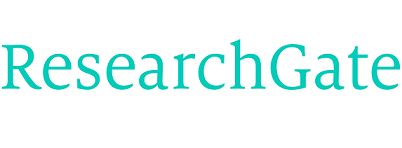Vol 3 Issue 5 September 2016-October 2016
Lydia Madete, Dr. T. Kesero, Prof. Egara Kabaji, Evans Oteki
Abstract: This paper discusses the perspective of women in three Kenyan literary works over the first decade of this 21stcentury.In as much as we are in the twenty- first century and gender equality is a concept every society strives to achieve, what role do literary works play in propelling these societies to that end? Given that all writing is shaped by the environment of the narrative - the social environment, economic environment, cultural environment and even the developmental environment, the study assesses how these environments impact on the development of individual characters, especially the woman character who is our main concern in this study. All the works being analyzed were published within the first decade of the twenty - first century, to provide the standing on gender relations as depicted by the authors in their works of literature. The study is guided by Elaine Showalter’s Feminist theory which argues that women authors are better placed to analyze female experiences and not male authors whose stereotypic views do not define the woman. This study employs correlational research method relying on library research of primary and secondary materials which included reading and analysis of previous and current materials such as books, journals, articles and magazines. The study relied on purposive sampling where three books were carefully selected after a wide reading of books published in the country. Descriptive analysis was done after a close reading of the selected texts with the intention of answering the questions raised.
Keywords: Cultural environment, developmental environment, economic environment, equality, gender, social environment, society, Women.
Title: Male Perspective of Women in Meja Mwangi’s The Last Plague
Author: Lydia Madete, Dr. T. Kesero, Prof. Egara Kabaji, Evans Oteki
ISSN 2394-9686
International Journal of Novel Research in Education and Learning
Novelty Journals






